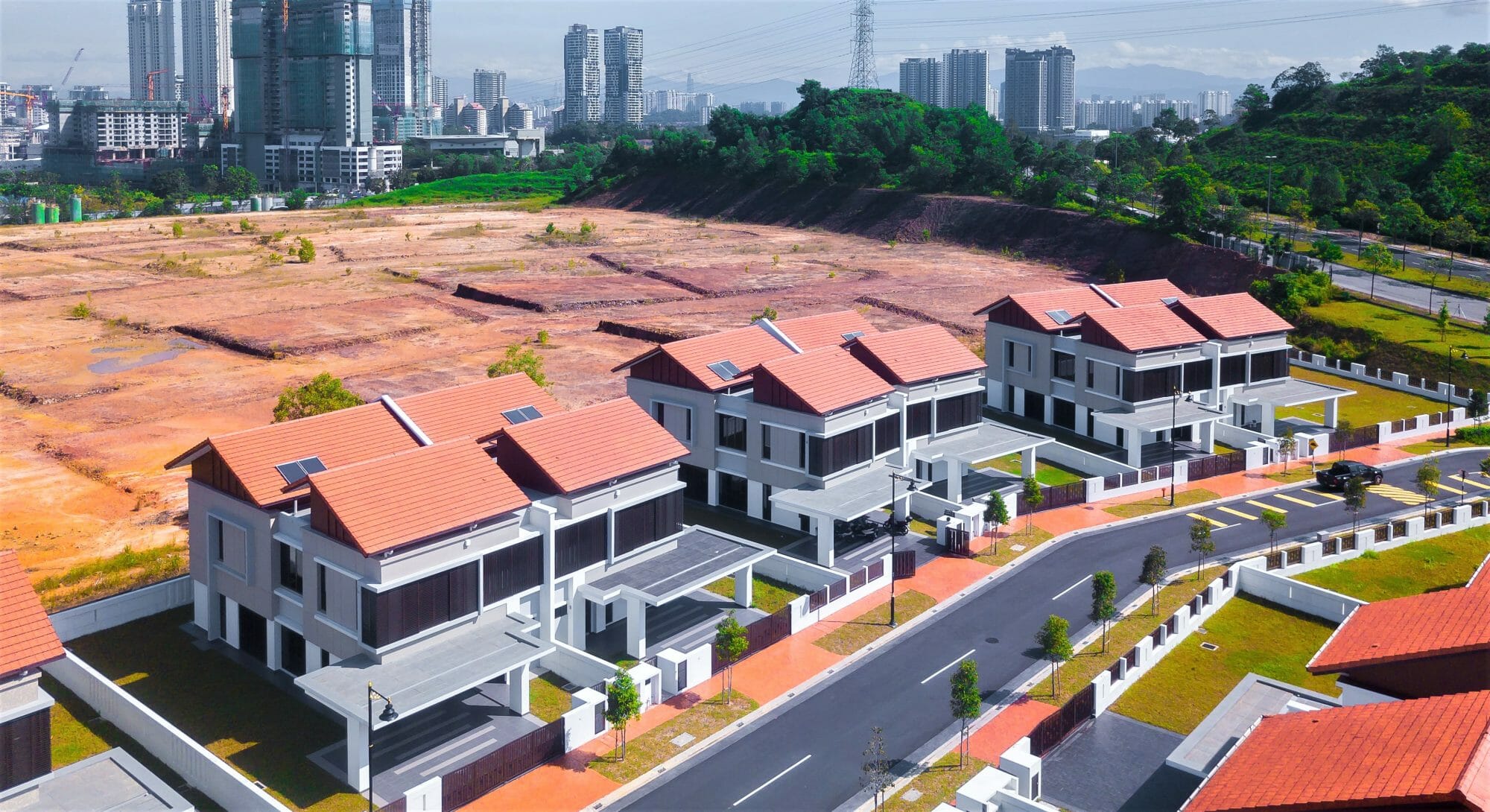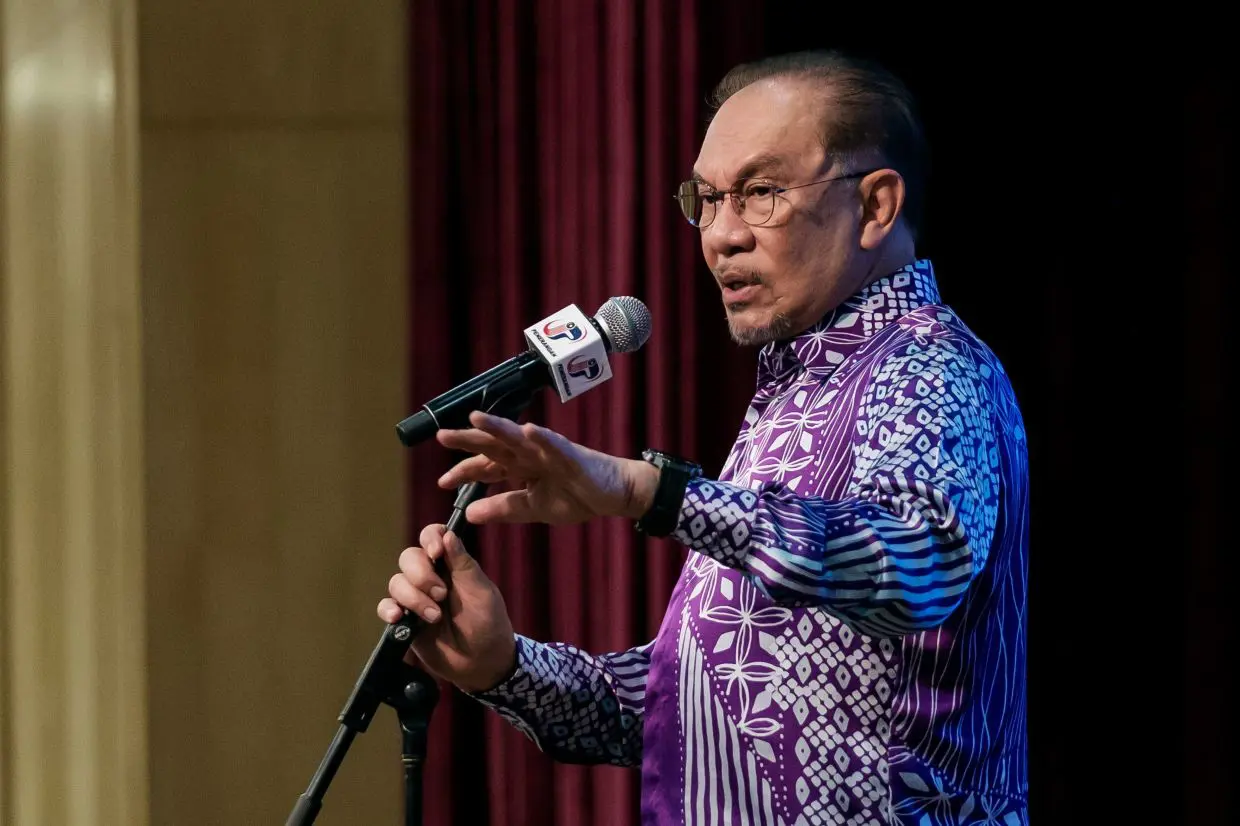JAKARTA, July 29 — In a decisive move to modernize its air defense capabilities, Indonesia has inked a landmark deal with Turkiye for the purchase of 48 KAAN fighter jets, according to a statement released today by the Indonesian Ministry of Defence. This marks a bold step forward in Jakarta’s ongoing efforts to upgrade its ageing military arsenal.
The signing took place on the sidelines of the International Defence Industry Fair in Istanbul last Saturday, a setting that underscored the growing defence ties between the two nations. Indonesian Defence Minister Sjafrie Sjamsoeddin was present during the ceremony, highlighting the importance of the moment.
Turkiye’s KAAN fighter jet, a fifth-generation stealth aircraft equipped with twin General Electric F-110 engines (the same used in Lockheed Martin’s F-16), is the country’s first domestically developed combat aircraft. Although the aircraft made its maiden flight in February last year, serial production is projected to begin only in 2028.
While the exact contract value and delivery timeline remain under wraps, the partnership is more than just a purchase. It’s a commitment to long-term collaboration. “This contract reaffirms both countries’ dedication to advancing joint defence technology and expanding Indonesia’s local industry capabilities,” said Defence Ministry spokesperson Frega Wenas Inkriwang.
This isn’t Indonesia’s only major defence acquisition. Back in 2022, Jakarta committed to purchasing 42 French-made Rafale jets worth an estimated US$8.1 billion. The country is also reportedly weighing options to procure China’s J-10 fighter jets and is in continued discussions with the U.S. to acquire the F-15EX jets.
In addition to the fighter jet deal, Indonesia also signed a Memorandum of Understanding (MoU) with Turkiye’s TAIS Shipyard to procure two Milgem Istif-class frigates. This move signals Jakarta’s intention to strengthen not just its air capabilities but also its naval defence in the face of growing regional security challenges.
These decisions are not just about hardware—they’re about sovereignty, readiness, and forging strategic alliances that reflect Indonesia’s ambition to be a self-reliant and formidable force in the Asia-Pacific region.




